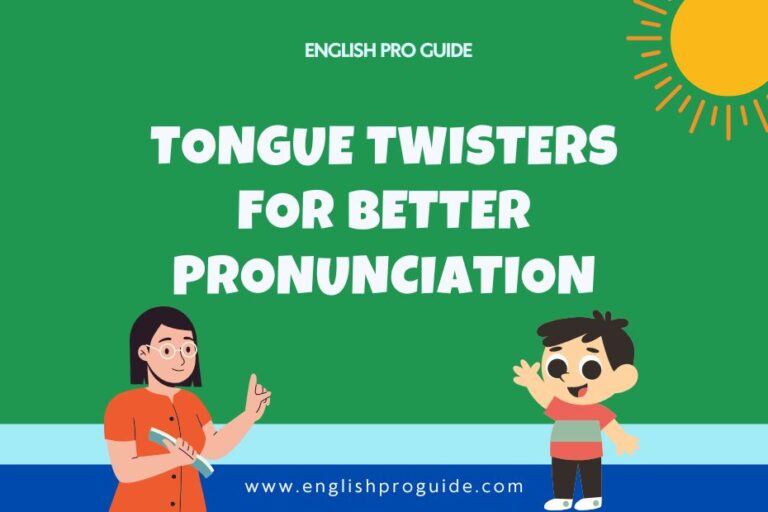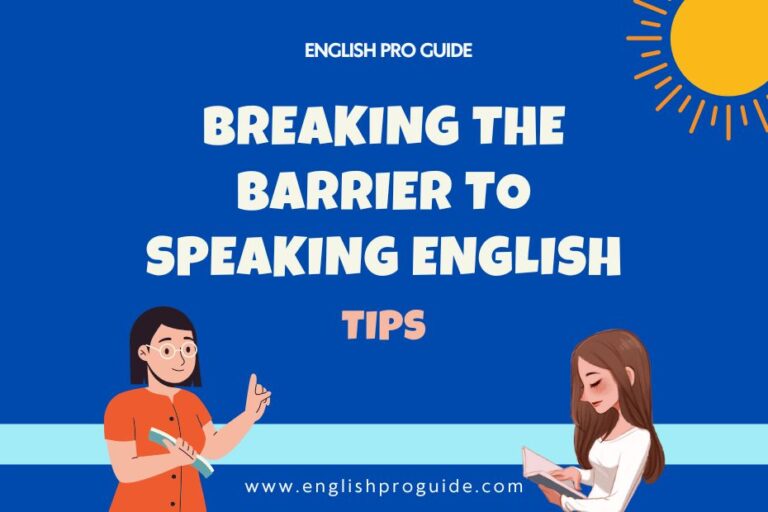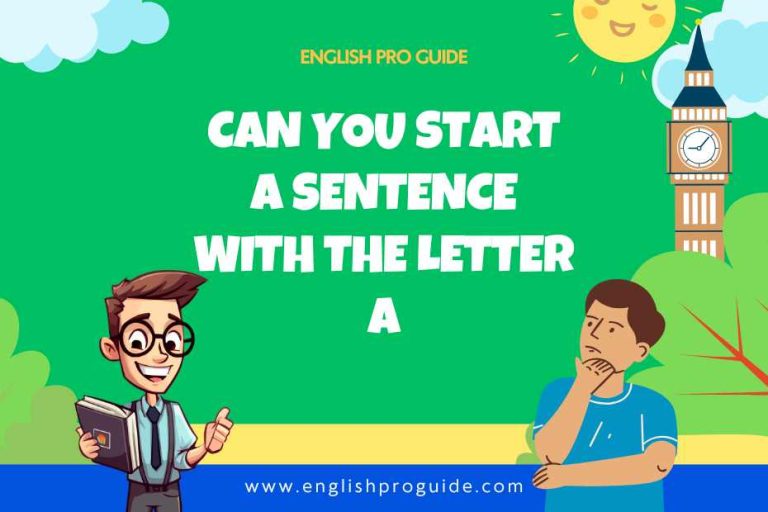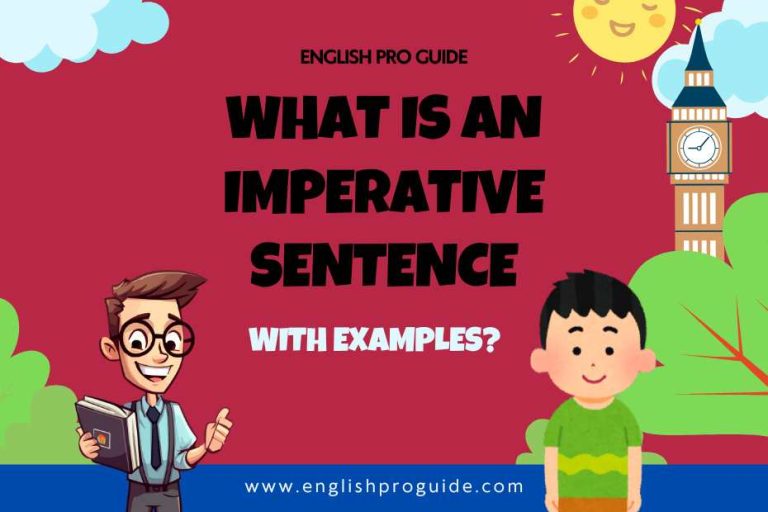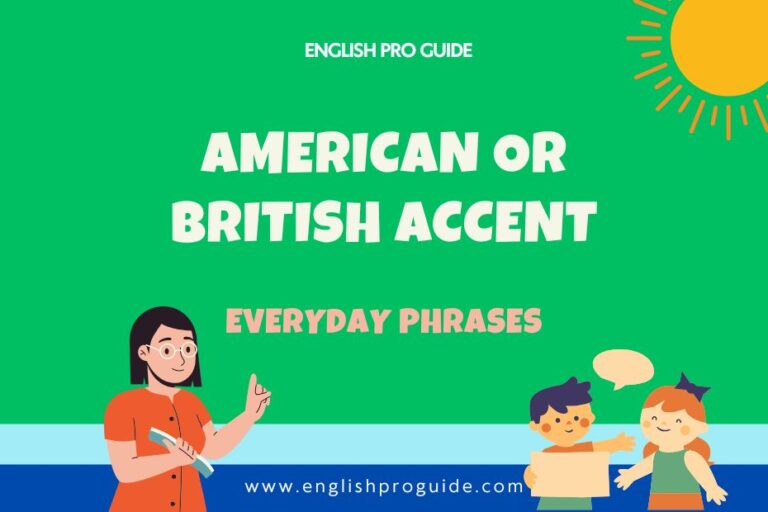Longest Sentence In English With One Word
One of the longest sentences in English that consists of a single word is created by using multiple suffixes and prefixes attached to a root word. Here’s an example using the word “buffalo”:
“Buffalo buffalo Buffalo buffalo buffalo buffalo Buffalo buffalo”?
Longest sentence in English with one word
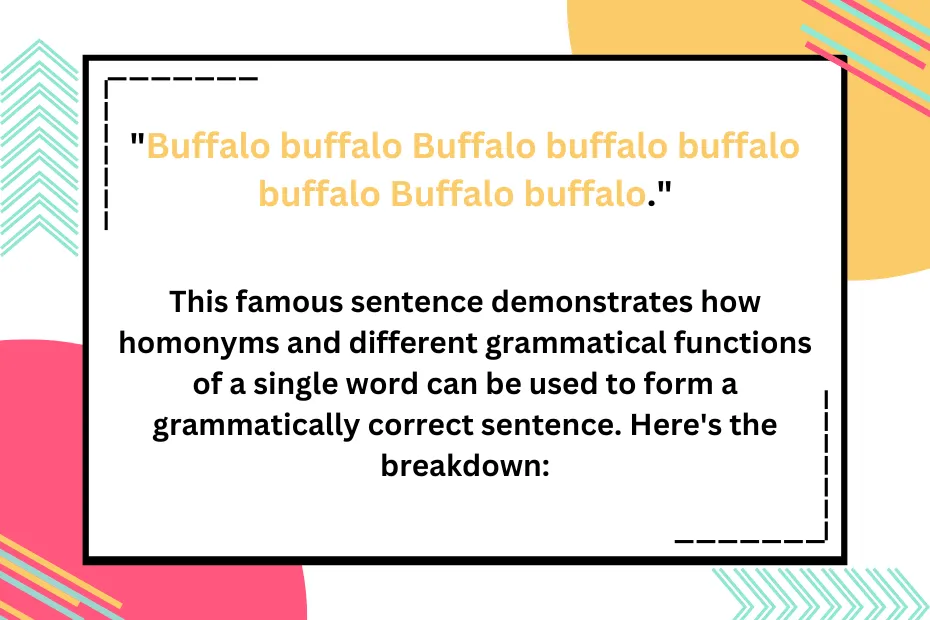
“Buffalo buffalo Buffalo buffalo buffalo buffalo Buffalo buffalo.”
This famous sentence demonstrates how homonyms and different grammatical functions of a single word can be used to form a grammatically correct sentence. Here’s the breakdown:
- “Buffalo” (the city in New York)
- “buffalo” (the animal, bison)
- “buffalo” (a verb meaning to bully or confuse)
So, the sentence means something like: “Bison from Buffalo (who are bullied by other bison from Buffalo) bully bison from Buffalo.”
It’s not a long sentence in terms of characters, but it’s one of the longest and most interesting one-word sentences in English!
Read More: Understanding “Have To” for Kids: 90 Simple Sentences
Longest word in English?
The longest word in English is pneumonoultramicroscopicsilicovolcanoconiosis, which is a 45-letter term. It refers to a lung disease caused by inhaling very fine silicate or quartz dust, often found in environments like mines.
However, it’s important to note that this word was largely coined as a technical or “novel” term and is rarely used in medical practice.
Other contenders for long words are usually more commonly used technical or scientific terms.
Where we should use “Longest word in English?
The “longest word in English” is typically more of a linguistic curiosity than a practical tool for everyday use. However, there are specific contexts where such words may be relevant:
1. Academic and Linguistic Discussions
- Purpose: To explore language structure, morphology, or etymology.
- Example: Discussing long words like “antidisestablishmentarianism” in a class about English linguistics or word formation.
2. Trivia and Fun Facts
- Purpose: As a fun or surprising fact in conversations, games, or quizzes.
- Example: Mentioning “pneumonoultramicroscopicsilicovolcanoconiosis” as the longest word in the dictionary during a trivia game.
3. Demonstrating Complex Vocabulary
- Purpose: To impress or amuse others with complex or unusual vocabulary.
- Example: Using a word like “floccinaucinihilipilification” humorously to emphasize something trivial.
4. Specialized Academic or Scientific Contexts
- Purpose: To discuss highly technical terms, especially in fields like medicine or chemistry.
- Example: Referring to “pneumonoultramicroscopicsilicovolcanoconiosis (a lung disease) in medical discussions.
5. Creative Writing or Poetry
- Purpose: To create a unique stylistic effect or draw attention to language.
- Example: Incorporating long, complex words into a poem for a dramatic or humorous effect.
6. Language Learning
- Purpose: To help learners understand prefixes, suffixes, and root words.
- Example: Breaking down a long word like “antidisestablishmentarianism” to teach word parts and their meanings.
7. Technical or Legal Documents
- Purpose: In rare cases, long compound words may appear in formal legal or technical contexts, though this is uncommon.
- Example: Using highly specific terminology in patents or contracts.
8. Word Games and Puzzles
- Purpose: To achieve high scores or solve puzzles in games like Scrabble or crosswords.
- Example: Playing long, valid words like “antidisestablishmentarianism” in a word game.
In everyday conversation or casual writing, these words are rarely used due to their complexity and limited practicality. However, they can add intrigue or serve as teaching tools in the right setting.
nes and homographs, meaning they are spelled the same, pronounced the same, but have different meanings, like bank (the financial institution) and bank (the side of a river).
Read More: 101 friendship sentences For Practice
10 Word puzzles to play
Word puzzles can be a fun and challenging way to engage with language. Here are a few classic types of word puzzles that you might enjoy:
1. Palindromes:
Words or phrases that read the same forward and backward. Examples include:
- Racecar
- Level
- Madam
- A man, a plan, a canal, Panama! (a famous palindrome phrase)
2. Anagrams:
Rearranging the letters of one word to form another. For example:
- Listen = Silent
- Dormitory = Dirty room
- Astronomer = Moon starer
3. Pangrams:
Sentences that use every letter of the alphabet at least once. A famous example is:
- The quick brown fox jumps over the lazy dog.
4. Spoonerisms:
Swapping the initial sounds or letters of two words to create a humorous effect. Examples include:
- “You have hissed all my mystery lectures” instead of “missed all my history lectures.”
- “The lord is a shoving leopard” instead of “a loving shepherd.”
5. Cryptograms:
A type of puzzle where a sentence or phrase is encrypted using a cipher, and you need to figure out the original text. Each letter is substituted for another letter.
6. Rebuses:
Puzzles that use pictures, symbols, or letters to represent words or parts of words. For example:
- The puzzle “CU L8R” represents the phrase “See you later.”
- A picture of an eye, a heart, and the letter “U” represents “I love you.”
7. Word Ladders:
A puzzle where you transform one word into another by changing only one letter at a time, with each step being a valid word. For example:
- Change COLD to WARM:
- COLD → CORD → WORD → WARD → WARM
8. Acrostics:
A puzzle where the first letter of each line or word spells out a word or message. For example:
- Simple
- Meaningful
- And
- Remarkable
- Thought
9. Riddles:
Short word puzzles or brainteasers that require creative thinking to solve. For example:
- “What has keys but can’t open locks?”
(Answer: A piano)
10. Charades Words:
Playing with homophones or puns in charades is another fun word-based puzzle. You give clues using actions, and the answer is usually based on wordplay or double meanings.
These puzzles stimulate different parts of the brain and are excellent for improving language skills while having fun!
Share your feedback
Hello kids and teachers! Do you like our articles or not. Have suggestion for our future blog post. Just drop them in comment box.
We would love to share your good or bad feeling about our site.

